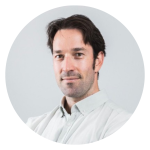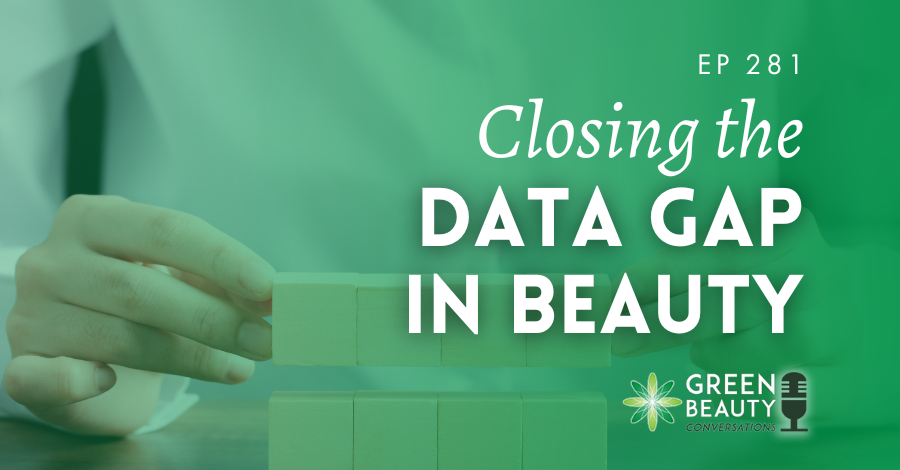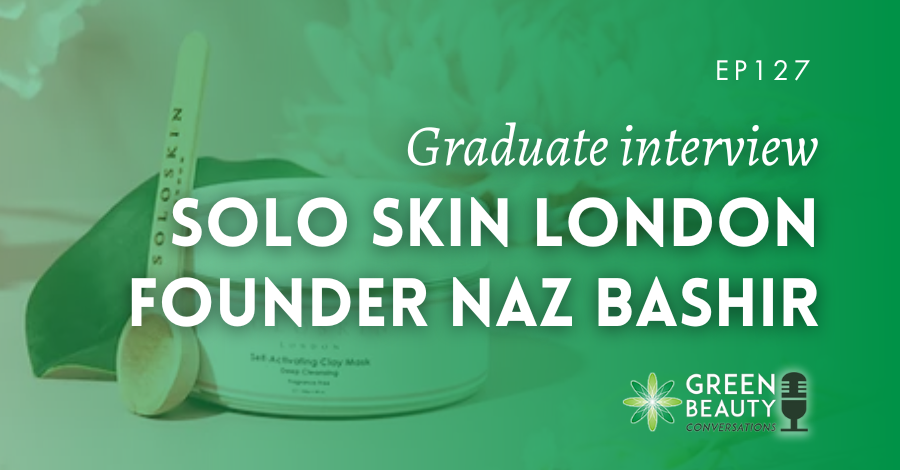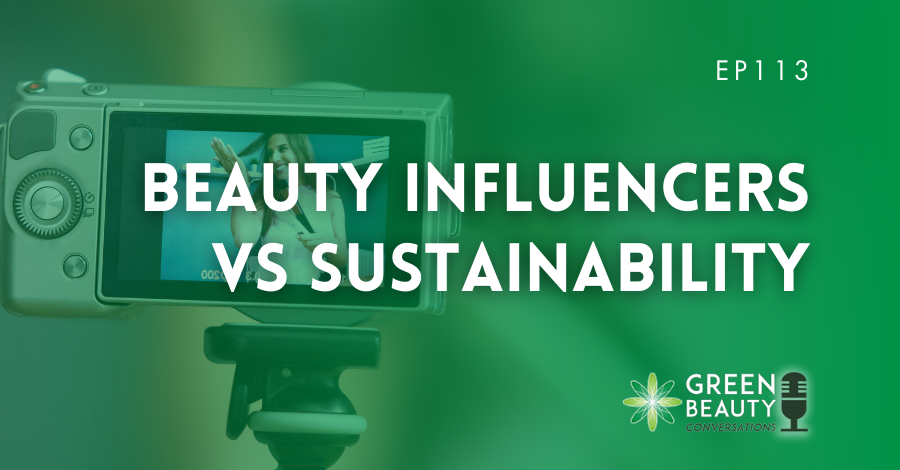There’s a dirty secret in the beauty industry, and it’s hiding in plain sight. Behind every jar of cream and bottle of shampoo lies a complex data problem that no one really wants to talk about.
Ask even the most committed brands to put real numbers behind their environmental claims, and you’ll often find the story starts to crumble. Because here’s the uncomfortable truth: most companies simply don’t know enough about their supply chains to measure their true impact.
In this thought-provoking episode of Green Beauty Conversations, Lorraine Dallmeier sits down with Evan Peters, CPO of Fairglow, to uncover why beauty can’t count – and why that’s such a big problem for sustainability.
Together, they explore how tens of thousands of ingredients, sprawling supplier networks, and inconsistent data maturity make it nearly impossible for brands to get an accurate picture of their footprint. And if you can’t measure it, you can’t manage it.
If you’re passionate about making beauty genuinely sustainable, this conversation is for you.
In this episode, you’ll learn why data gaps are holding the industry back, what it really takes to measure emissions at the product level, and why tackling this challenge might just be the most important work happening in beauty right now. Tune in now!
“If you can’t measure it, you can’t change it – and in beauty, we have to start by counting what really counts.” — Evan Peters
In this episode with Evan Peters, you will hear:
- Sustainability without the numbers. Why sustainability in beauty is often more narrative than numbers, and how this lack of data undermines real change.
- The tangled supply chain challenge. The hidden complexity of beauty’s supply chains involves tens of thousands of ingredients and suppliers with vastly different data capabilities.
- Measuring product-level impact. How Fairglow helps brands calculate the environmental impact of individual products, giving them the insights to make tangible improvements.
- LCA challenges in cosmetics. The obstacles to conducting a Life Cycle Assessment (LCA) in cosmetics, especially when data is missing or inconsistent.
- The future of transparency. Why transparency and credible measurement are becoming essential for brands that want to stay relevant in a more climate-aware market.
Key takeouts include:
- A systemic data problem. The beauty industry has a systemic data problem – not just poor record-keeping, but structural issues caused by ingredient diversity, fragmented supplier networks, and uneven data maturity. This makes accurate environmental measurement difficult and unreliable.
- The gap between storytelling and truth. Brands often focus on storytelling and marketing claims, but without robust measurement, these narratives risk being misleading or incomplete. The difference between perception and reality can be vast.
- LCA is a powerful tool. Life Cycle Assessment (LCA) is one of the most effective ways to measure a product’s true impact, but in cosmetics, it requires innovative solutions to handle missing or incomplete data.
- From insight to action. Fairglow provides a platform that not only calculates emissions but also helps brands turn those insights into actionable sustainability strategies. By quantifying goals, companies can target changes that make a measurable difference.
- Data-backed leadership. The future of sustainability in beauty lies in transparency backed by credible data. The brands that embrace measurement now will be the ones leading the market in the next decade.
Meet our guest: Evan Peters, CPO of Fairglow

Fairglow is more than just a badge or label: it empowers companies to quantify their sustainability strategy and put real numbers behind their goals.
Businesses gain clear insights into the emissions of each product in their portfolio, enabling them to communicate transparently and make meaningful changes to reduce impact.
Find out more about Evan and Fairglow:
- Website: Fairglow
- LinkedIn: Evan William Peters
Related episodes:
- Episode 87: Selling skincare while sinking carbon: Is this possible?
- Episode 163: Sustainable beauty made simpler and smarter
Thank you for joining us for this episode of the Formula Botanica Green Beauty Conversations podcast. If you enjoyed listening, please share, subscribe and review this episode on Apple Podcasts, Spotify or Youtube so that more people can enjoy the show. Don’t forget to follow and connect with us on Facebook and Instagram.
FREE TRAINING
Learn how to become an
Organic Skincare Formulator
FREE TRAINING
How to become an
Organic Skincare Entrepreneur
FREE TRAINING
How to become an
Organic Skincare Entrepreneur
Leave us a comment
Lorraine Dallmeier is a Biologist, Chartered Environmentalist and the CEO of Formula Botanica, the award-winning online organic cosmetic science school. Read more about Lorraine and the Formula Botanica Team.



























